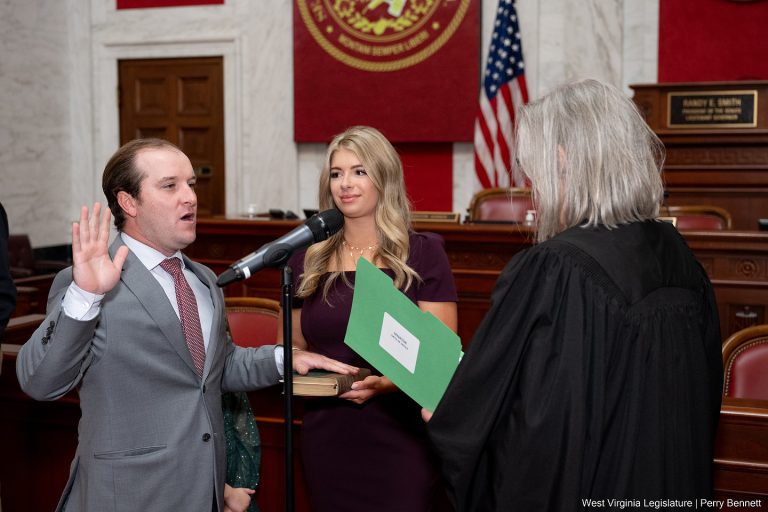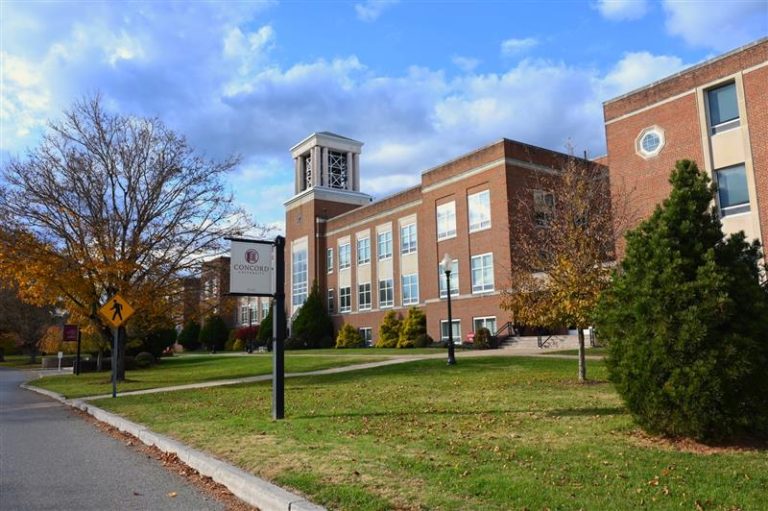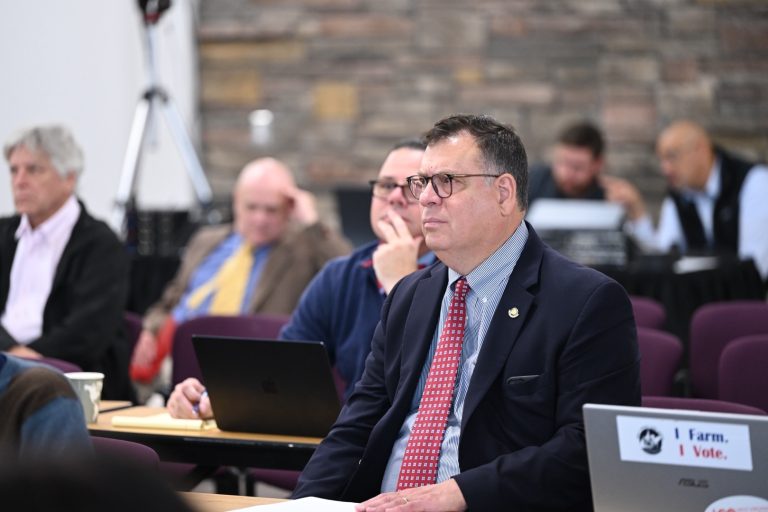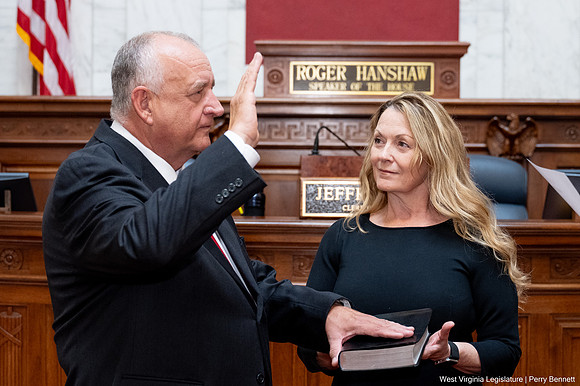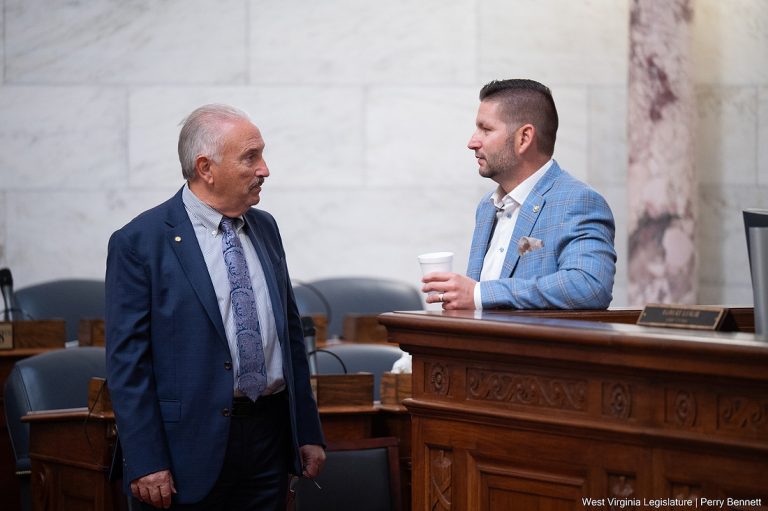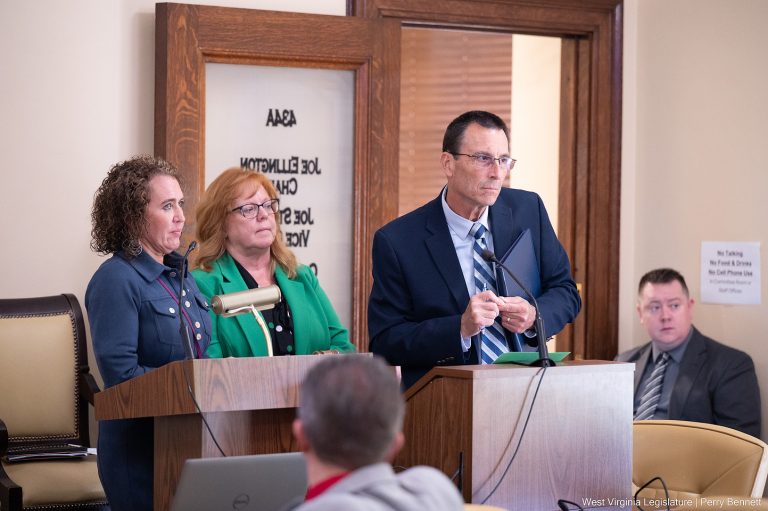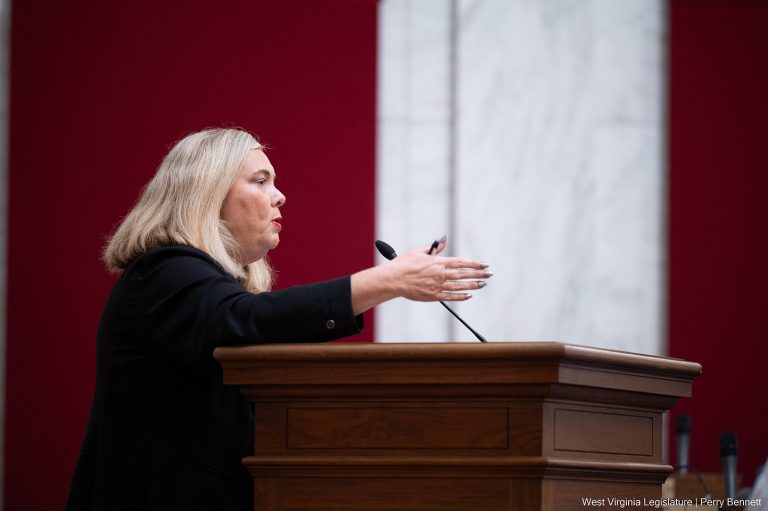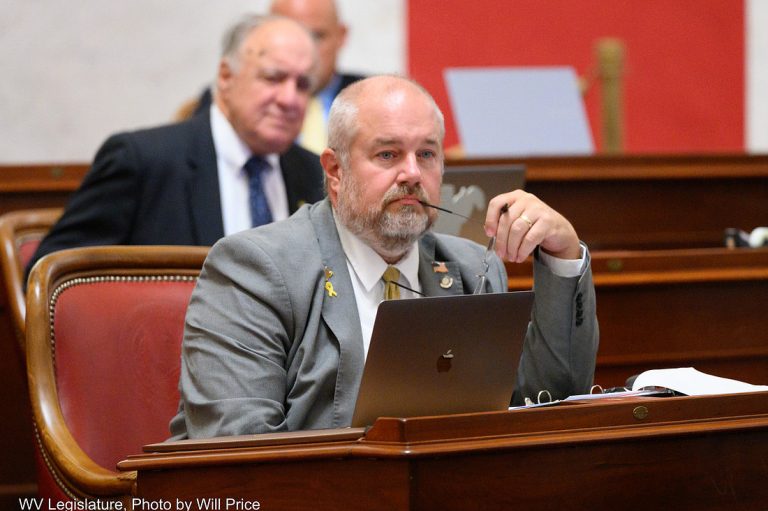The Joint Committee on Education toured Concorded University to see improvements to the university and hear from faculty, staff, and students. The tour began in the updated athletics facility, the Carter Center. Concord offers 18 sports and has over 500 student-athletes. In the updated facility, seven sports can be practiced simultaneously. Presenters mentioned the antigravity treadmill, stating that the school is the only Division 2 university with this treadmill, which is important in the rehabilitation of athletes’ injuries. The coaches expressed the importance of being competitive to recruit at a national level, but being able to build relationships to retain players.
Concord’s motto is: Come to learn, go to serve. The university has been known for education, business, and social work programs. However, the university is expanding into the health sciences with the new physician’s assistant program and the nursing program. The university’s enrollment this fall was just under 2,000 students, with around 1600 being from West Virginia. There are 307 graduate students at Concord.
The social work program offers bachelor’s and master’s degrees. From 2022 to 2025, the program had 661 bachelor’s students with 83 graduates. During the same time, the program had 923 master’s students with 323 graduates. Most of the social work graduates are from West Virginia. The education program received the annual assessment achievement award for 2023-2024. Half of the students are NOYCE grant recipients, which is a fellowship for undergraduates who have a STEM degree and wish to earn a master’s in education. Additionally, the university offers an online elementary program, which has allowed nontraditional students to earn a degree.
The science, math, and health program updates have provided a safe and modern place for students to learn. The mathematics and computer science programs are modernized and offer partnerships with Mercer County Technical School. The biology program has received renovated lab spaces with Anatomage tables, which allow students to study anatomy digitally. The physical and environmental science programs utilized $5 million in external grants for the Rare Elements Analysis Center, which houses the electron microprobe (EMP) – a high-magnification microscope that uses electrons, instead of light, to examine a sample. The EMP has been utilized to analyze samples for scientists worldwide.
In social sciences, the university has seen an uptick in students getting involved in student political organizations, applying for grants, and utilizing AI. In the health sciences, faculty and students have been involved in conferences and medical missions. The nursing program graduated its first cohort, with 100 percent exam passage and job placement. The nursing program is a four-year program. Students receive hands-on experience guided by professors through research and fieldwork. The nursing program offers a simulation lab and skills lab with mannequins, with the technology to respond to interactions with students. These allow students to practice nursing skills with life-like patients. It is an extension of the clinical setting. The first physician’s assistant program has 24 students. Next fall, the program will have two cohorts on campus.
Concord also offers an esports program, in which students from the following majors participate: cybersecurity, biology, education, and business. Esports provides experience in production, graphic design, photography, and videography. This year, the program won the 2025 Collegiate Esports Commissioners Cup for the Rocket League Championship. The school competes against larger schools and recruits uncovered talent in the esports arena. At Concord, esports is a vessel to guide students to being productive members of society by channeling their interests into careers. Gaming is just a part of esports; a variety of careers can be found in esports. Students participating have an average GPA of 3.11. If a student in the program drops below a 3.0 GPA, they are required to take study hours. If they drop below 2.5, they are benched. The program gives back by assisting high school and middle school programs, providing summer camps, and offering scholarships. The program also brings in money for the institution, as it brings in more than it spends.
The business program at Concord is the largest program on campus, offering both an undergraduate business degree and a master’s in business administration. The program provides a variety of opportunities for students to network through socials and an etiquette dinner. The business program gives back to the community through the Volunteer Income Tax Assistance (VITA) program. This program allows students to prepare taxes for low-income elderly taxpayers in the area under the supervision of their professors. Over 2,000 tax returns were completed this year, saving payers over $500,000 in tax prep fees. The business program is also focused on tourism and the growth of technology and business innovation.


